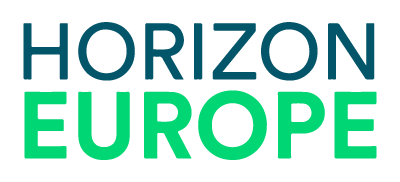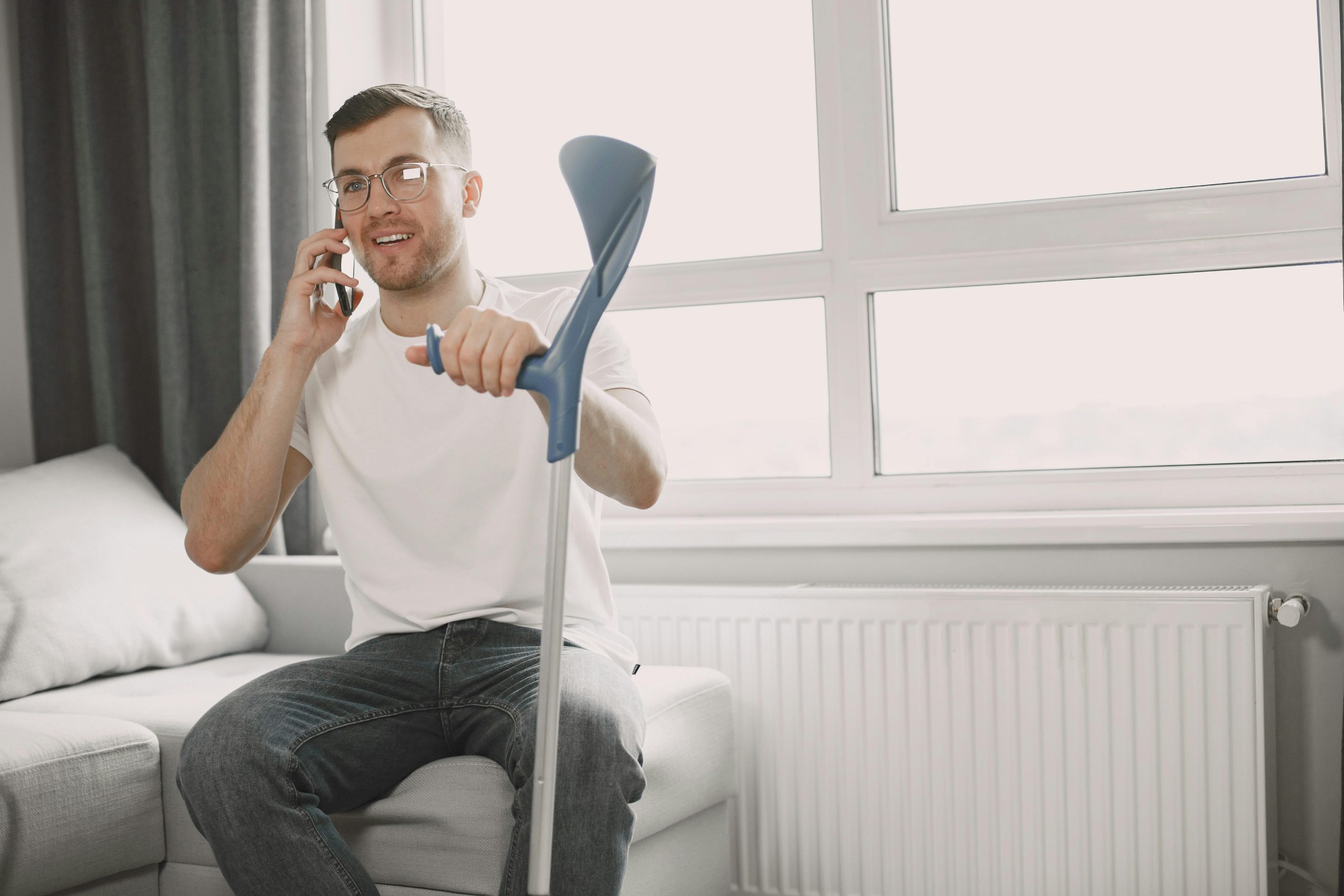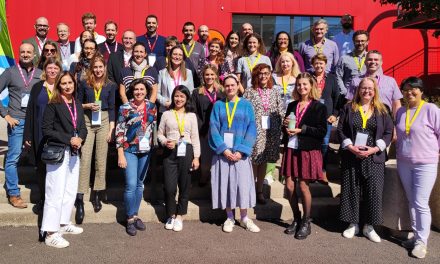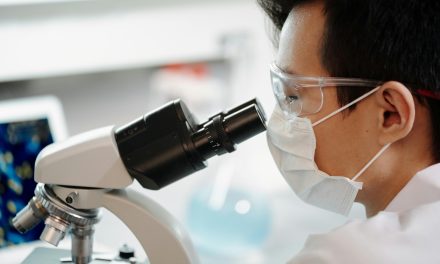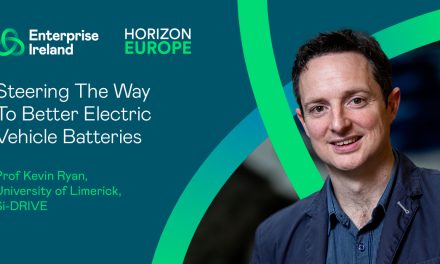Taking part in rehabilitation after illness, injury or surgery is a fundamental part of the healing process. It has the potential for people to reduce disability, increase independence, improve their quality of life and boost their confidence.
Yet, while demand for such services is increasing, healthcare systems across Europe have limited resources. The situation is worse for patients in remote areas where distances to access healthcare are greater.
Now, however, innovative technologies are creating new ways of working that should increase access to healthcare while also reducing pressure on ‘in-person’ health services. An example of this is tele-rehabilitation, which includes remote rehabilitation assessment and intervention.
With more than 60 years’ experience providing complex specialist rehabilitation services, the National Rehabilitation Hospital [NRH] in Dublin is at the forefront of this innovative movement.
Using pioneering technology, the EU-funded Remote Rehabilitation Service for Isolated Areas (ROSIA) project aims to deliver rehabilitation services to patients in need, wherever they are. It also encourages patients to manage their own rehabilitation from home.
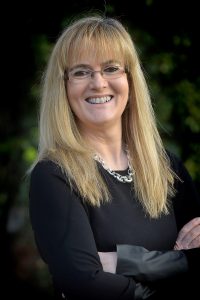
Áine Carroll, professor of Healthcare Integration and Improvement at UCD and consultant in neurological rehabilitation at the NRH
“We’re always looking for new, creative ways of being accessible to as many people as possible, particularly for those who live remotely or in parts of the country where it’s difficult to get to the NRH,” says Áine Carroll, professor of Healthcare Integration and Improvement at University College Dublin and consultant in neurological rehabilitation at the NRH.
“ROSIA is an opportunity for new and existing patients to try something very different and for the NRH to provide specialist rehabilitation that suits our patients.”
Co-designing a trailblazing solution
Launched in 2021, ROSIA secured €1.7m through the EU’s Horizon 2020 programme. It’s a pre-commercial procurement (PCP) project, which means the NRH team has been involved from the beginning, helping to steer the development of the new solutions.
“I’d been involved in another large Horizon 2020 project, but it wasn’t a PCP,” says Áine. “With PCP, you co-design innovations and new technologies. I thought this was a great way we could design solutions for people who need them, and gain experience ourselves.
“It’s been a steep learning curve. As far as I’m aware, we’re the first in the Republic of Ireland to get involved in PCP. It’s been fascinating for many reasons as it’s a very novel and innovative way to co-design solutions.”
A project with ambitious aims
ROSIA has three goals. First, it aims to enable patients in rural areas to work through their rehabilitation programmes in their homes. Second, with more patients being treated at home, it intends that the healthcare system can increase its capacity.
Finally, it plans to create opportunities for telerehabilitation innovators and digital healthcare providers across Europe.
With 12 healthcare partners across five European countries – Ireland, Spain, Portugal, Denmark and the Netherlands – initially the project will focus on seven pathologies to test the system:
- spinal cord injury
- acquired brain injury
- cardio-vascular disease
- chronic obstructive pulmonary disease
- knee arthroplasty
- hip fracture
- Covid-19.
ROSIA is moving into the piloting phase in the coming months, with a view to wrapping up the project by mid-2025.
Once completed, ROSIA will have life-changing consequences for patients. A tele-care model will allow them to quickly and efficiently access the help they need. It will also give them access to professional support and social networks.
Partner knowledge is power
Working with the right partners helps things run more smoothly, according to Áine.
“We’ve met some wonderful partners,” she says. “Choosing your consortium partners is really important. You take a leap of faith when you get involved, but our partners are very experienced and that was reassuring.
“It’s a win-win situation. Our partners end up with technology and we end up with something that results in better outcomes for our patients.”
Reaping the rewards while navigating the complexities
For Áine, the project’s benefits far outweigh any of the challenges that have been encountered.
“The tendering process has been particularly time-consuming,” she says. “That’s something we didn’t anticipate, but my colleagues in the hospital have really put in the hours. The funding doesn’t cover that, so I’d say to anyone applying for a PCP, you’ll put in extra hours, but the rewards are significant.”
Complex projects involving multiple stakeholders with their own ways of working present a different set of challenges.
“I couldn’t quite get my head around my first European project,” Áine explains. “Not everyone approaches things like the UK and Ireland. But what I’ve learned is everybody delivers in the end.
“I’m constantly amazed by how European legislation is interpreted differently in different countries. For example, we had to go through a full ethics review for another European project where two other countries didn’t require any ethics review. Ireland has one of the most stringent processes, and that can result in time challenges when hitting your milestones.”
While the project is set to deliver huge benefits for patients and healthcare workers, Áine says she has already gained invaluable knowledge and insights.
“We’ve learned so much,” she says. “Not just about the approach, but our ways of working and the changes we need to make internally to work with this new technology.”
For information or advice about accessing Horizon Europe support, please contact HorizonSupport@enterprise-ireland.com or visit HorizonEurope.ie.
